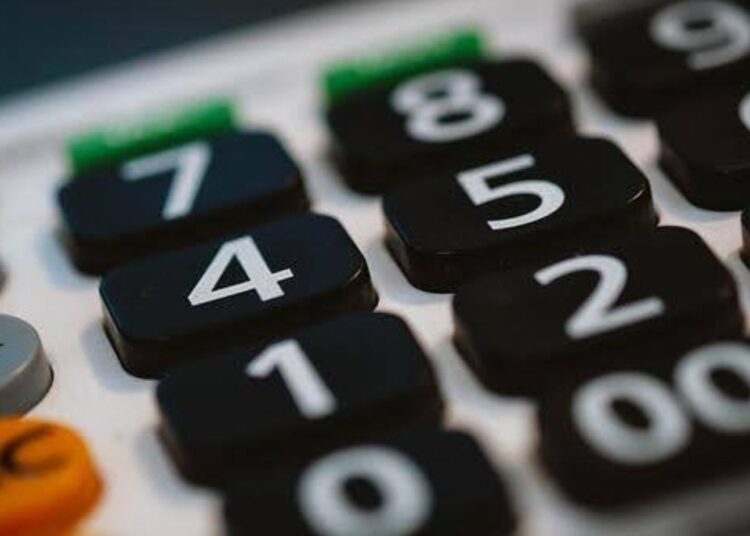Some recent data—courtesy of the UK Gambling Commission, if you keep track of these things—suggests that nearly half of British adults have tried gambling in the past month, with around a quarter jumping into it online. With so many people logging in, plus the fact it’s easier than ever to take part, keeping a handle on your spending starts to matter—a lot.
It’s surprisingly easy for a casual session to creep into your wallet and stick around in your bank statements for much longer than you’d planned. Still, there are a few straightforward (maybe even obvious) ways to help keep losses at a reasonable level and, hopefully, take a little of the worry out of playing. Honestly, most folks seem to be looking for a bit of fun, not a massive headache or complicated aftermath. Being deliberate with your budget, keeping a lazy eye on your own patterns—these ideas seem to have become the baseline if you care about gambling with at least a hint of responsibility.
Setting boundaries before you play
Set clear financial boundaries before visiting any online casino. Figure out, as honestly as possible, what amount you can part with—think in terms of cash you have left after paying bills, getting groceries, and all that necessary stuff. Some financial experts tend to warn against touching anything earmarked for rent or essentials, and, well, that’s hard to argue with. There’s also this strategy of slicing your budget into little chunks.
Some industry magazines mention it, and it does make sense: if you take your weekly or monthly gaming pot and break it into pieces, each night or session ends up with its own “allowance.” Less temptation to blow everything at once. What you play can change things, too. Focusing on smaller stakes—one-cent slots, or those low-limit tables—might make your budget last longer, and it’s possibly less stressful on the mind. Some lifestyle blogs point out that tiny bets can keep things interesting without turning every spin into a drama.
Digital tools redefine spending control
Today’s online casino sites have baked-in tools for tracking and limiting your own spending, or so most claim. Deposit caps, loss limits, timers—they’re standard features on the top platforms, more or less. It might not seem exciting, but activating these can be your first safety net. SurveyKing even reports that loss limits, especially, step in and shut things down if you start edging past your chosen line. Not glamorous, but effective, at least in theory. For those who lean toward spreadsheets, or even just a note-taking app, jotting down each deposit and outcome may not sound fun, but it gives you a paper trail. You start to see where patterns crop up.
Chasing after losses—something that catches plenty of people, if we’re being candid—remains a real risk. According to some reports, simply taking scheduled breaks might reset your head and help you avoid running after that lost fiver (which, more often than not, stays lost). A reminder on your phone can do wonders—or nothing—but there’s no harm setting one.
Payment methods add structure and safety
Let’s talk about payment choices for a second. Digital wallets and those prepaid cards out there seem to add another speed bump between you and overspending. Basically, you load up a set amount, so as soon as it’s gone, you know you’re done—at least until you go through the hassle of topping up again. According to some financial reports, these prepaid options are especially handy because reloading isn’t instant, plus there’s usually that extra security check—it makes you think. That small friction can provide just enough time to pause before making a rash decision.
Mixing these payment hurdles with the casino’s own deposit restrictions creates something like a double lock on your wallet. Then, there’s the whole deal with bonuses and free spins. Not everyone uses them (maybe they should), but these offers do let you keep playing that little bit longer—provided you’re not tempted to deposit just to chase a bigger bonus. Some lifestyle sources seem to think leaning on those incentives can stretch your entertainment value without piling on more risk.
A mindset of education and observation
A bit of homework does pay off. People who have at least a modest grasp of odds or payout tables—recent studies hinted at this—appear to make better choices, or so it’s believed. Looking up a strategy guide isn’t glamorous, but it’s probably less of a time-waster than picking up the rules during an expensive losing streak. Most online platforms have started adding these little pop-up reminders about how long you’ve been playing or how much you’ve spent.
They aren’t always enough to stop a spiral, but they might snap you out of autopilot for a minute. In some cases, it can get tough—you might notice you’re chasing losses or playing longer than intended.

Self-exclusion, or at least using a “cooling-off” function, is sometimes the only thing that works. Some industry reports claim players using any of these active measures saw about a fifth fewer cases of blowing past their limit over half a year, so something in that approach seems to stick.
Staying responsible and enjoying the game
What matters, really, is a mix of attention and loose structure. A solid budget, leaning on platform tools, knowing the basics—these all give you a fighting chance to keep things fun without wandering too far into risky territory. Taking regular breathers, using bonuses when they make sense, even double-checking your payment settings; none of it’s a guarantee.
Anyone can miscalculate, especially if habits slip. Making a habit of checking in on your totals every week or so, recognizing when things feel off—that’s the start of handling it for the long run. And if things do get out of hand (it happens), plenty of support options and exclusion services exist.










